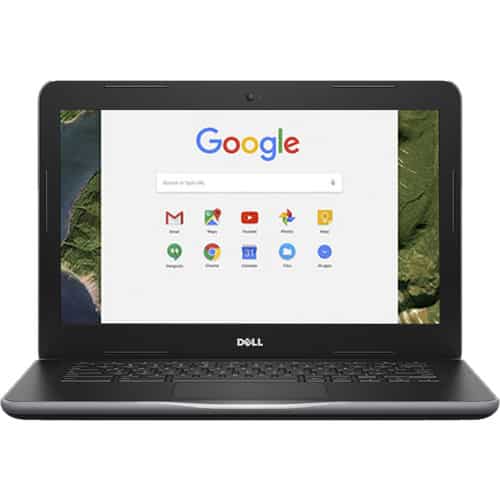In January 2020 alone, the number of people using the Chrome operating system had reached 1.52% of the planet using it. It’s hardly surprising then that Chromebook is at the forefront when it comes to inexpensive, ultra-portable laptops and notebooks. If you’re a professional on the move, is Chromebook a good investment?
To guide you, we discuss some of the pros and cons of Chromebooks:

Pros of Owning a Chromebook
Lightweight solution
Chromebooks are generally lighter and slimmer than regular laptops because they don’t need a lot of storage space or really powerful hardware to get the job done.
This enhanced portability makes it an excellent choice for those who move around a lot and don’t have to worry about their notebook getting damaged, or feeling the stress of carrying around a cumbersome and expensive laptop all day.
Great price
The moment you go shopping for a Chromebook, you’ll immediately be struck with how inexpensive it is. Entry-level Chromebook models cost just $200, with slightly better versions going for $300-400.
A mid-level Windows laptop, on the other hand, can cost nearly four times more, although that gap is not as pronounced as it was a few years back. Still, there are plenty of savings to be had.
Top-notch security
The majority of Chromebooks come with integrated password management, anti-virus, and anti-malware software – all of which automatically update from time to time.
Rest assured, you’ll never have to worry about finding the best password managers, anti-virus or anti-malware software just to keep your system protected from online and offline threats.
Massive Android app library
Thanks to Chrome OS and Android merging as one, your Chromebook can easily access and download thousands of apps through the Google Play app. The 1+ million app library continues to grow, and the potential for more apps becoming available in the future is near-limitless.
Cons of Owning a Chromebook
You need the internet for using apps
As splendid as the idea sounds of having access to a ridiculous amount of mainstream apps and other third-party ones, you can’t access them without going online. Luckily, Wi-Fi hotspots are everywhere these days, and most offer good speeds.
Storage can be limited
Depending on your needs, this may prove to be a significant deal-breaker because Chromebooks usually have no more than 64GB of internal storage, and you don’t get an optical drive either.
However, Google always tells you to store your stuff online in the cloud, and as luck would have it, you get 100GB free online storage.
The keyboard layout may take getting used to
Due to its ultra-portable size, Chromebook has come up with a unique keyboard that, well, takes getting used to.
For example, on a Chromebook, you may have trouble finding the dedicated SEARCH key because it’s where the CAPS LOCK key is typically on a regular laptop.
Not ideal for graphic-intensive tasks
Chromebooks, by definition, are not fast and powerful gaming machines. Neither are they build to handle graphic-intensive tasks like photo editing in Photoshop.
Also, the display may not be as high-definition as your regular (and pricey) laptop.
These pros and cons of Chromebooks should help you decide if it’s something you need.
- Tulip Mania – The Story of One of History’s Worst Financial Bubbles - May 15, 2022
- The True Story of Rapunzel - February 22, 2022
- The Blue Fugates: A Kentucky Family Born with Blue Skin - August 17, 2021